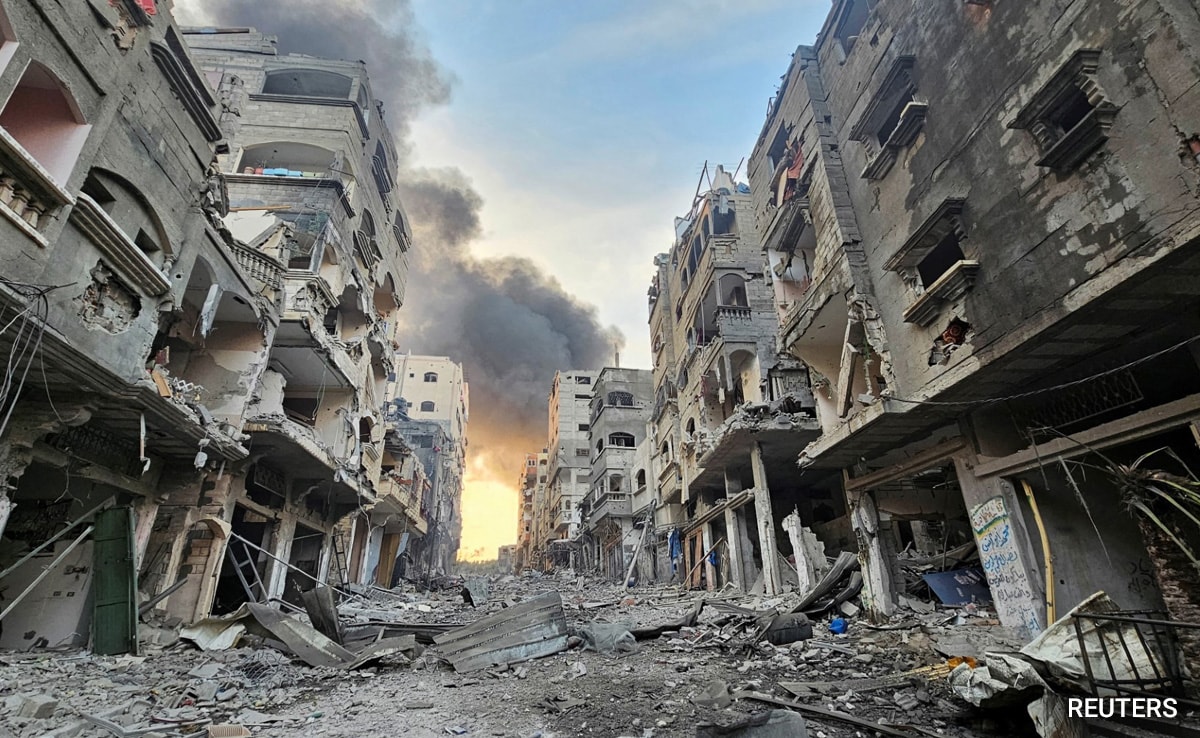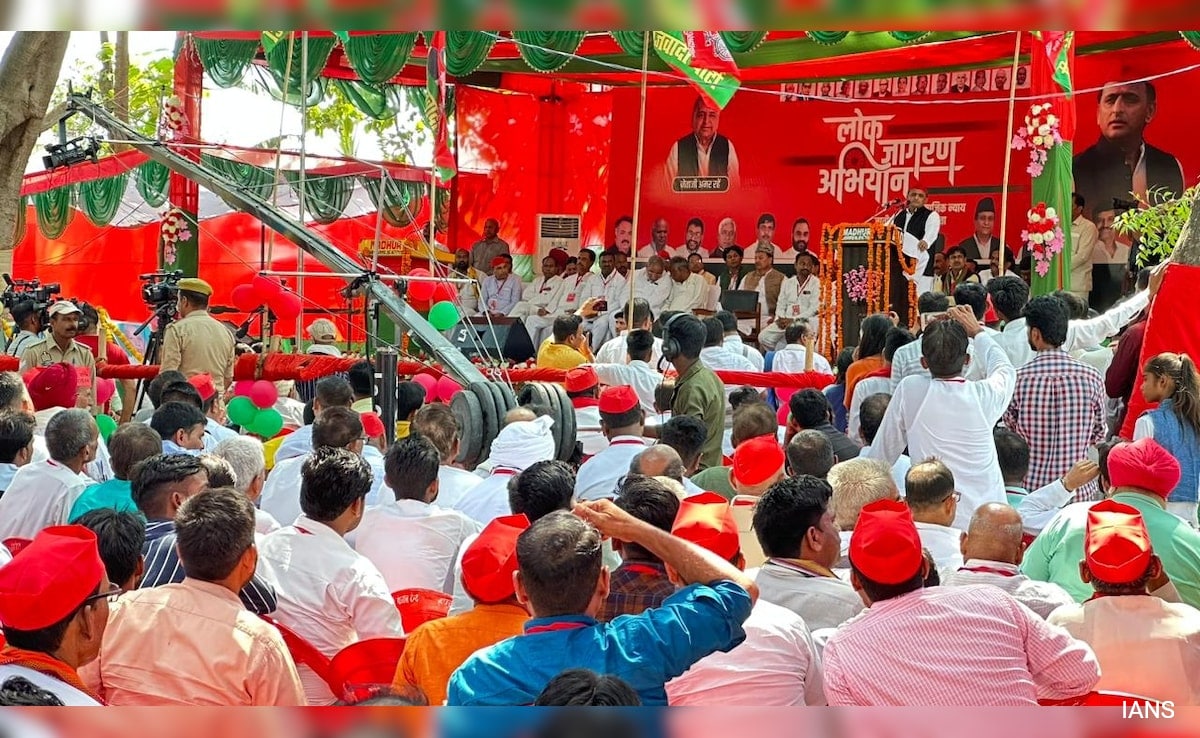
Israel could respond to the Iranian onslaught with airstrikes of its own.
Israeli Prime Minister Benjamin Netanyahu and his immediate war cabinet are considering what actions to take in the wake of Saturday’s attack by Iran.
Allies, including the United States, have urged Israel not to risk triggering a wider regional conflict, and President Joe Biden has made clear that U.S. forces will not join any retaliatory attacks against Iran.
Here are some options Israel may consider:
air raid
Israel could respond to the Iranian attack with airstrikes of its own, especially given that Iran’s air defenses are considered far less developed than the multi-layered system Israel and its allies deployed Saturday night.
Briefing reporters, an Israeli Air Force officer said the air force was ready to defend Israel, adding: “Part of defense is to react and attack when needed.”
“It’s up to our government and cabinet to decide how, when and if to proceed,” the official said.
Such an attack could hit strategic installations including Revolutionary Guard bases or nuclear research facilities.
Former intelligence officials said it was unlikely to hit civilian infrastructure such as power plants and would need to avoid civilian casualties. This is both to ensure that international support is not lost again and because of assessments that the Iranian authorities are vulnerable to political repression and popular pressure from a dire economic situation. Heavy civilian casualties are thought to be likely to rally public support for the government in Iran.
Israel could also strike against proxy groups such as Hezbollah in Lebanon or Iranian targets in countries such as Syria and Iraq. However, the fact that Iran has directly attacked Israel for the first time suggests that any such action would be part of a broader response against Iran itself.
Network attacks
Israel is believed to have launched multiple cyber attacks against Iran over the years, targeting infrastructure such as gas stations, factories and nuclear facilities, with repeated attacks considered one of the possible retaliation options.
Any such attack could disrupt highly visible areas such as energy production or flight services. As with direct airstrikes, former intelligence officials said they believed Israel would avoid attacking infrastructure such as hospitals to reduce the impact on the general population.
covert operations
Israel is believed to have previously conducted numerous covert operations inside Iran, including the assassination of several senior nuclear scientists.
Such operations can be carried out both inside and outside Iran.
diplomatic
In addition to military and intelligence strikes against Iran, Israel has stepped up diplomatic efforts to isolate Tehran, including expanding sanctions. Foreign Minister Israel Katz also renewed pressure on European countries to join the United States in declaring Iran’s Revolutionary Guards a terrorist organization.
(Except for the headline, this story has not been edited by NDTV staff and is published from a syndicated feed.)
Follow us on Google news ,Twitter , and Join Whatsapp Group of thelocalreport.in
















